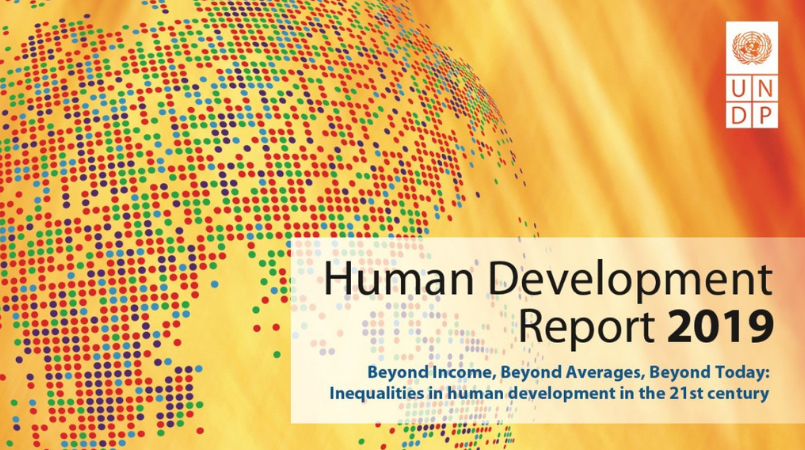
This week marks the launch of the 2019 Human Development Report, Beyond Income, Beyond Averages, Beyond Today: Inequalities in human development in the 21st Century.
The report presents the case for looking at inequality through a new lens that recognises that the true dimensions of inequality go far beyond old metrics of incomes and averages.
This year’s report finds that although there are significant improvements in health, education and living standards globally, new types of inequalities are emerging that prevent many around the world from living fulfilled and truly productive lives. Of greatest significance is climate change and rapid technological advancement.
Dirk Wagener, UNDP Resident Representative in Papua New Guinea, said: “Our world is experiencing change faster than ever before and ensuring equitable wealth distribution is often at the centre of political debate in many countries.
“Papua New Guinea is no different with strong and open public debate on how the dividends of its natural resource development can be shared in a manner that sustainably benefits all people. Papua New Guinea continues to see very significant inequalities among its citizens and between various provinces.”
The Human Development Report (HDR) is an annual report published by the Human Development Report Office of the United Nations Development Programme. The report analyses countries’ progress toward improving human development. It focuses on people and their opportunities and choices.
The Human Development Index is calculated annually drawing on life expectancy, school enrolment and GNI per capita. Between 1990 and 2018, Papua New Guinea’s HDI value continuously increased from 0.377 to 0.543, an increase of 43.9 percent.
Despite continuous improvements in social and economic indicators, Papua New Guinea’s overall comparative rank has dropped two places from 153 in 2017 (2018 HDR Statistical Update) to 155 in 2018 (2019 HDR) due to stronger progress experienced by other countries. This places Papua New Guinea as the only Pacific country in the Low Human Development band of the index.
As the report highlights, inequalities pose a roadblock for countries in achieving the Sustainable Development Goals and the 2030 Agenda for Sustainable Development.
The report concludes that while addressing inequality is not impossible, action to do so must be taken now. Failing to act quickly will only make addressing such inequalities more difficult for current and future generations.
